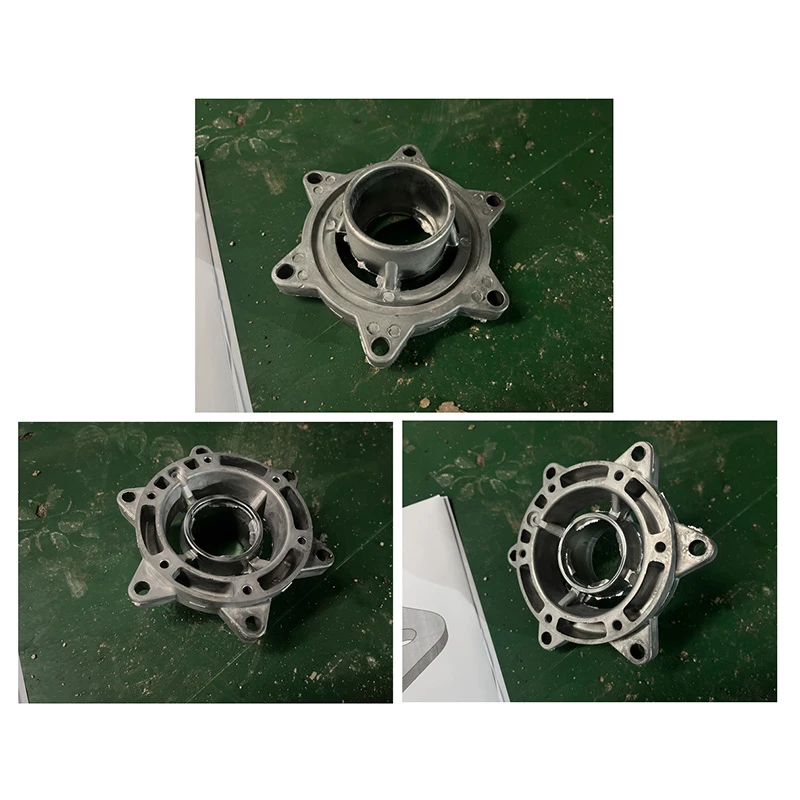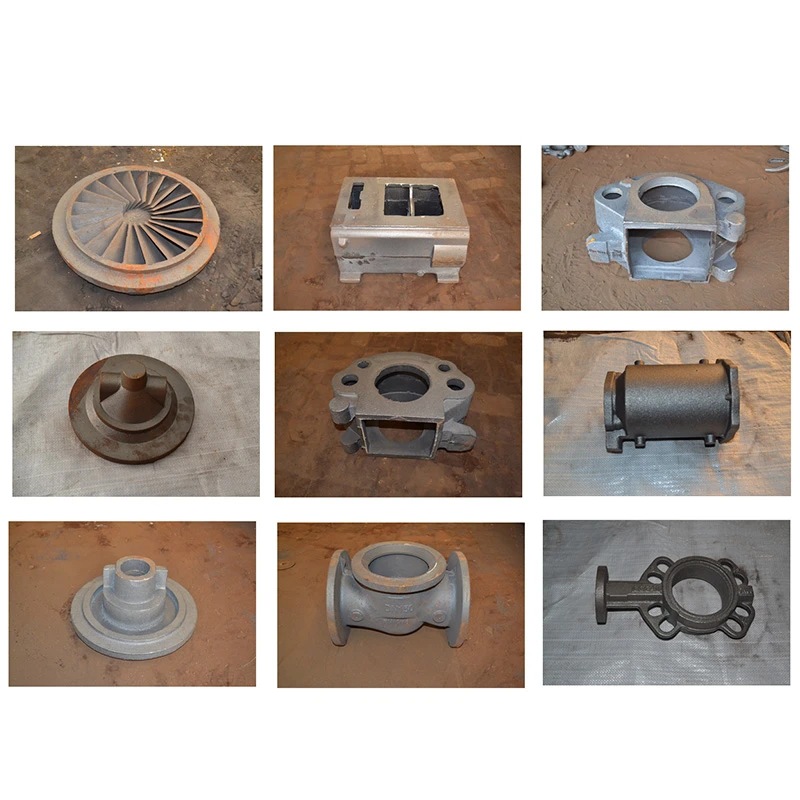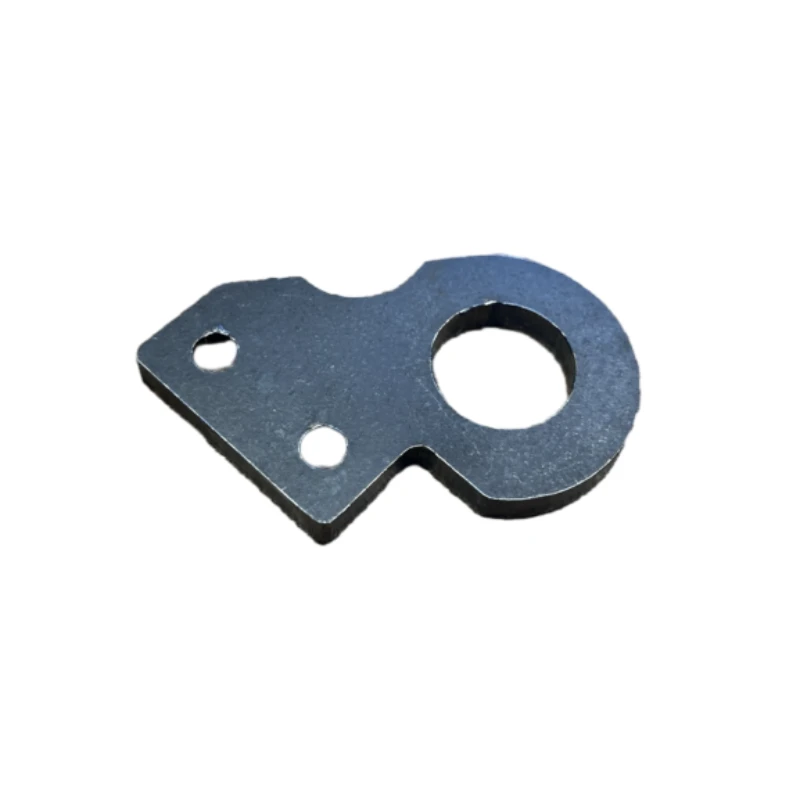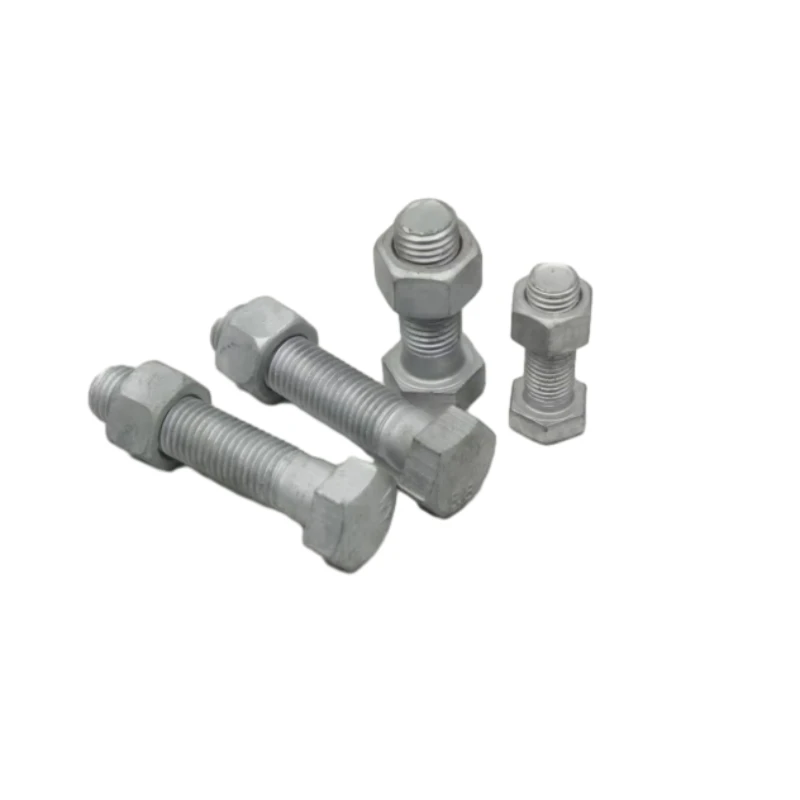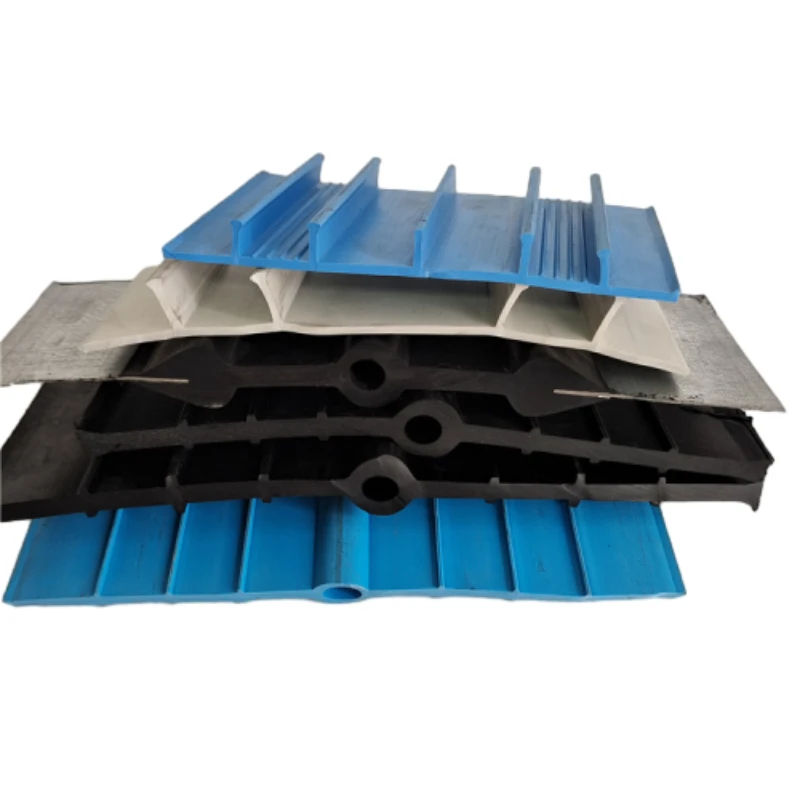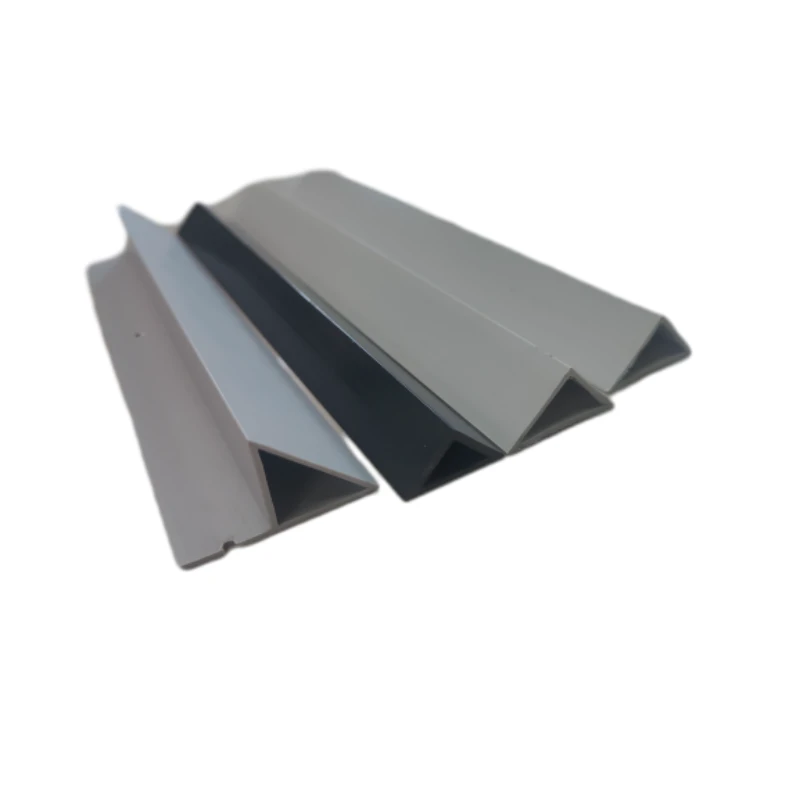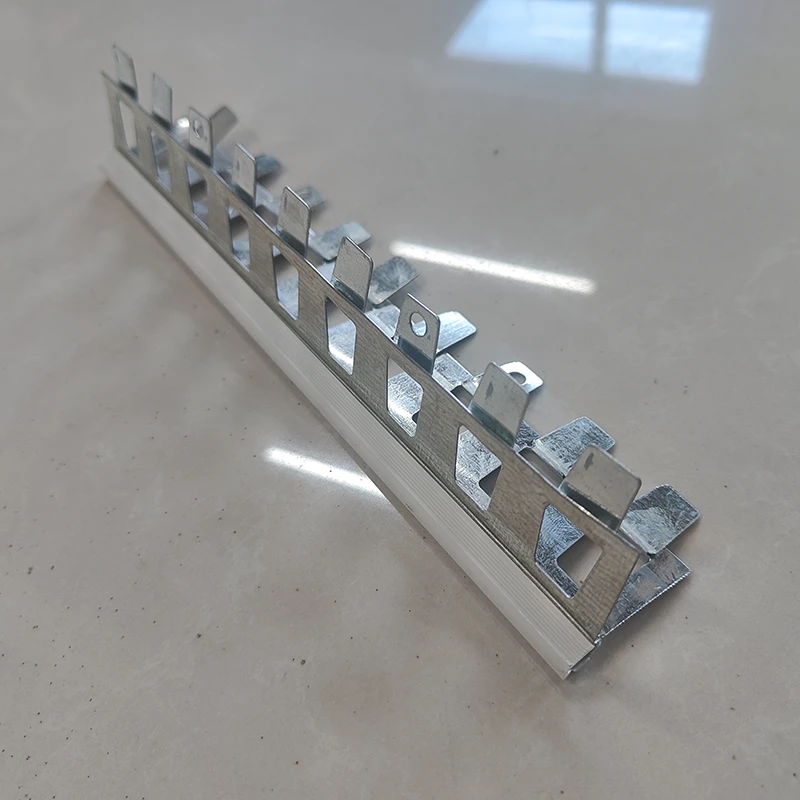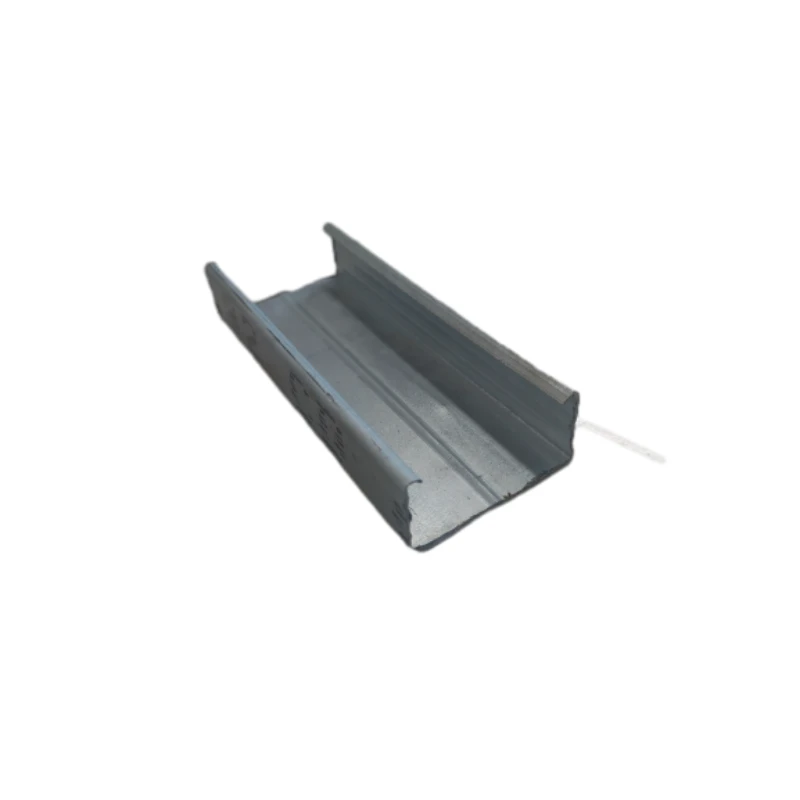- Phone: +86 132 8320 1810
- Email: annie@wrkgroup.ltd
-
- Afrikaans
- Albanian
- Amharic
- Arabic
- Armenian
- Azerbaijani
- Basque
- Belarusian
- Bengali
- Bosnian
- Bulgarian
- Catalan
- Cebuano
- China
- China (Taiwan)
- Corsican
- Croatian
- Czech
- Danish
- Dutch
- English
- Esperanto
- Estonian
- Finnish
- French
- Frisian
- Galician
- Georgian
- German
- Greek
- Gujarati
- Haitian Creole
- hausa
- hawaiian
- Hebrew
- Hindi
- Miao
- Indonesian
- Italian
- Japanese
- Javanese
- Malay
- Persian
- Portuguese
- Punjabi
- Russian
- Spanish
- Swahili
- Telugu
- Vietnamese
Aug . 06, 2025 07:20 Back To List
Durable Concrete Bridge Formwork & Shoring Solutions
In the world of modern civil engineering, the construction of durable and resilient bridges stands as a testament to human ingenuity. At the core of this process lies concrete bridge formwork, a critical temporary structure that shapes and supports wet concrete until it achieves sufficient strength. As infrastructure demands grow, so does the need for advanced formwork solutions that offer precision, safety, and efficiency. This comprehensive guide explores the latest trends, technical specifications, and application advantages in the field, with a special focus on essential components like the Cast Iron Water Stopper Nuts that ensure structural integrity and longevity.
The industry is rapidly evolving beyond traditional timber systems. Today, we see a significant shift towards modular steel formwork, innovative concrete fabric formwork for complex geometries, and integrated concrete formwork and shoring systems. These advancements are driven by the need for faster construction cycles, superior surface finishes, and enhanced worker safety. For specialized applications such as creating defined edges and profiles, concrete curb formwork plays a pivotal role, while concrete formwork bulkheads are essential for creating construction joints in large pours. Understanding these technologies is key to delivering successful bridge projects that stand the test of time.
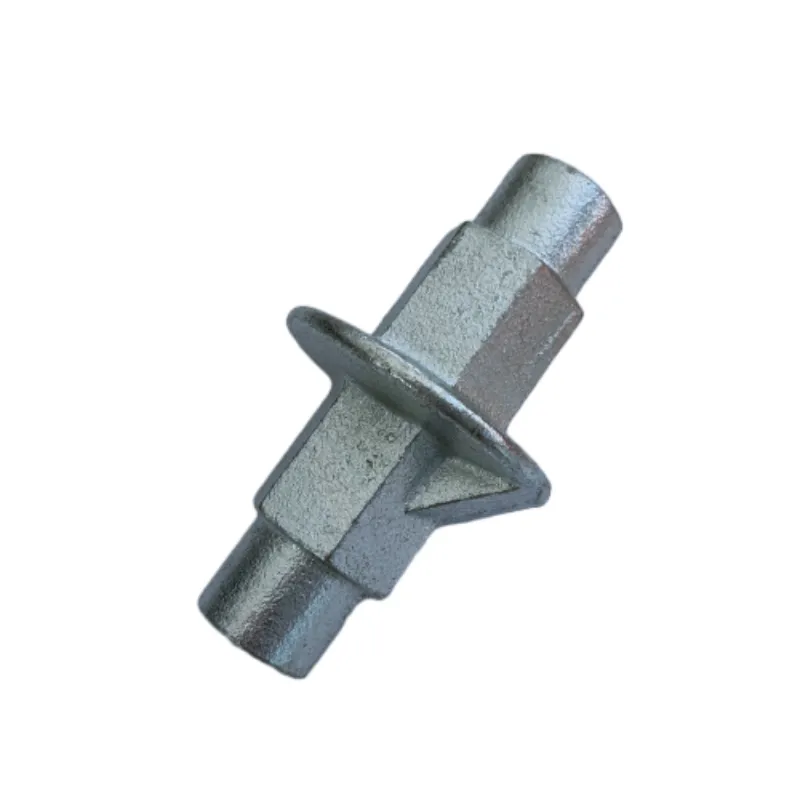
Industry Trends and Market Dynamics in Bridge Construction
The global bridge construction market is projected to reach USD 1.2 trillion by 2028, growing at a CAGR of 5.8%. This growth is fueled by government investments in infrastructure, urbanization, and the need to replace aging structures. Within this market, the formwork segment is experiencing a technological revolution. Key trends include:
- Digitalization and BIM: Building Information Modeling (BIM) is being integrated into formwork design, allowing for precise 3D planning, clash detection, and optimized material usage. This reduces on-site errors and improves project timelines.
- Sustainable Materials: There is a growing emphasis on recyclable and reusable formwork systems, such as steel and aluminum, which have a longer service life and lower environmental impact compared to traditional timber.
- High-Performance Components: The focus on durability and low maintenance has increased demand for high-strength, corrosion-resistant components. Accessories like specialized nuts, ties, and anchors are no longer commodities but critical engineering components.
- Safety Innovations: Integrated safety features, such as pre-assembled platforms, guardrails, and automated climbing systems, are becoming standard, reflecting a stronger commitment to worker safety on complex bridge sites.
This evolving landscape demands that contractors and engineers partner with manufacturers who are at the forefront of these trends, offering not just products, but comprehensive solutions that address the entire project lifecycle.
Technical Deep Dive: The Anatomy of High-Performance Concrete Bridge Formwork
A concrete bridge formwork system is more than just panels; it's an engineered system of interconnected components designed to withstand immense hydrostatic pressure from wet concrete, support construction loads, and ensure the final structure meets exacting dimensional tolerances. The choice of materials and the quality of its smallest parts are paramount.
Core Product Spotlight: Cast Iron Water Stopper Nuts
A critical, yet often overlooked, component in water-retaining structures and below-grade bridge elements is the water stopper nut. The Cast Iron Water Stopper Nuts for Concrete Formwork from WRK Formwork are a prime example of a component engineered for ultimate performance. Used in conjunction with tie rods, they serve a dual purpose: securing the formwork and creating a permanent, watertight seal within the concrete wall once the tie rod is removed. This prevents water ingress, a leading cause of rebar corrosion and structural degradation.
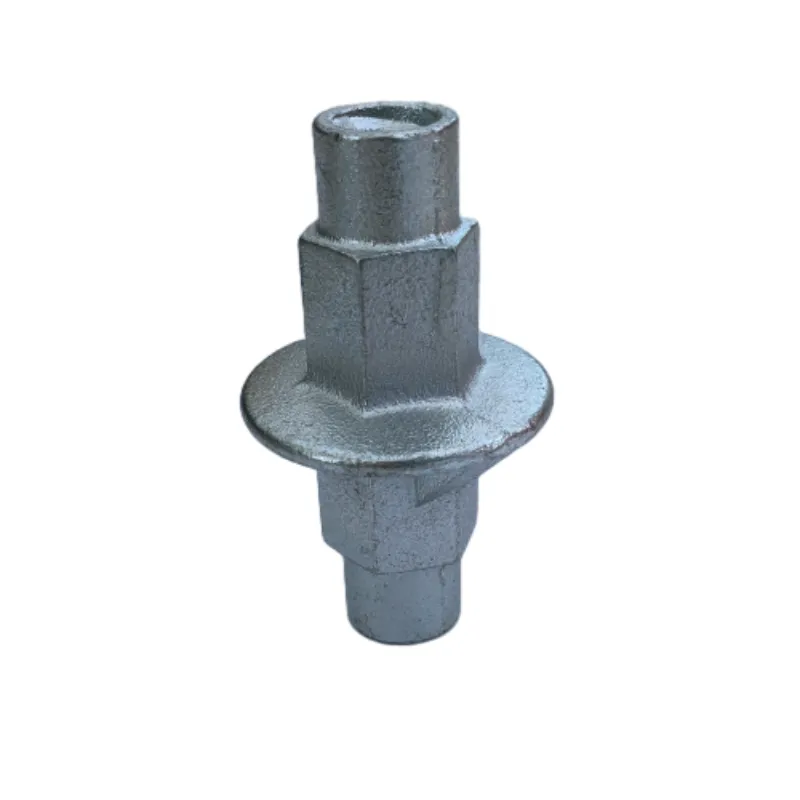
Manufacturing Process Excellence: From Raw Material to Finished Product
The superior performance of our Cast Iron Water Stopper Nuts is a direct result of a meticulous manufacturing process that adheres to the highest international standards, including ISO 9001:2015.
1. Raw Material Selection
High-grade ductile iron (GGG50/ASTM A536) is selected for its superior strength and ductility over standard grey iron.
2. Precision Casting
Molten iron is poured into precision molds to form the initial nut shape with the integrated water-stop flange.
3. CNC Machining
Each nut undergoes high-precision CNC threading to ensure perfect compatibility with standard tie rods (e.g., DW15, DW20).
4. Quality Control & Testing
Rigorous testing for tensile strength, hardness, and dimensional accuracy. Each batch is verified against ANSI/ASME standards.
Technical Parameters of Concrete Bridge Formwork Systems
When selecting a concrete bridge formwork system, engineers must consider several key performance indicators. The following table provides typical values for modern steel-based systems.
| Parameter | Typical Value / Standard | Importance & Impact |
|---|---|---|
| Max. Permissible Concrete Pressure | 60-100 kN/m² | Determines the maximum pour rate and height. Exceeding this can lead to formwork failure. |
| Material Specification | High-strength steel (Q345B) or Aluminum (6061-T6) | Impacts weight, durability, and reusability. Q345B offers excellent strength-to-weight ratio. |
| Permissible Deflection | L/360 of span (ACI 347) | Ensures the final concrete surface is true to line and level, avoiding bulges or imperfections. |
| Surface Finish Standard | Class F3 to F5 (as per industry standards) | Crucial for exposed concrete surfaces on bridges, affecting aesthetics and long-term durability. |
| System Weight | 25-60 kg/m² | Affects crane requirements, labor costs, and ease of handling on site. |
| Tie Rod System Capacity | 90 kN to over 250 kN | The tie system, including nuts and rods, must safely exceed the forces exerted by the concrete pressure. |
Visualizing Performance: WRK's Water Stopper Nut Data
Data speaks louder than words. To demonstrate the superior engineering of our Cast Iron Water Stopper Nuts, we've compiled performance data comparing them against industry benchmarks. This data is derived from in-house testing protocols aligned with ASTM International standards.
Tensile Strength Comparison
Our GGG50 Ductile Iron nuts exhibit significantly higher tensile strength compared to standard cast steel and lower-grade iron, ensuring they can handle extreme formwork pressures without failure.
Material Composition Breakdown
The precise alloy composition, particularly the spheroidal graphite structure induced by magnesium treatment, gives ductile iron its unique combination of strength and flexibility, preventing brittle fracture.
Corrosion Resistance Over Time (Salt Spray Test - ASTM B117)
In accelerated corrosion tests, our water stopper nuts show minimal mass loss over hundreds of hours, proving their suitability for aggressive environments found in bridge foundations, abutments, and marine structures.
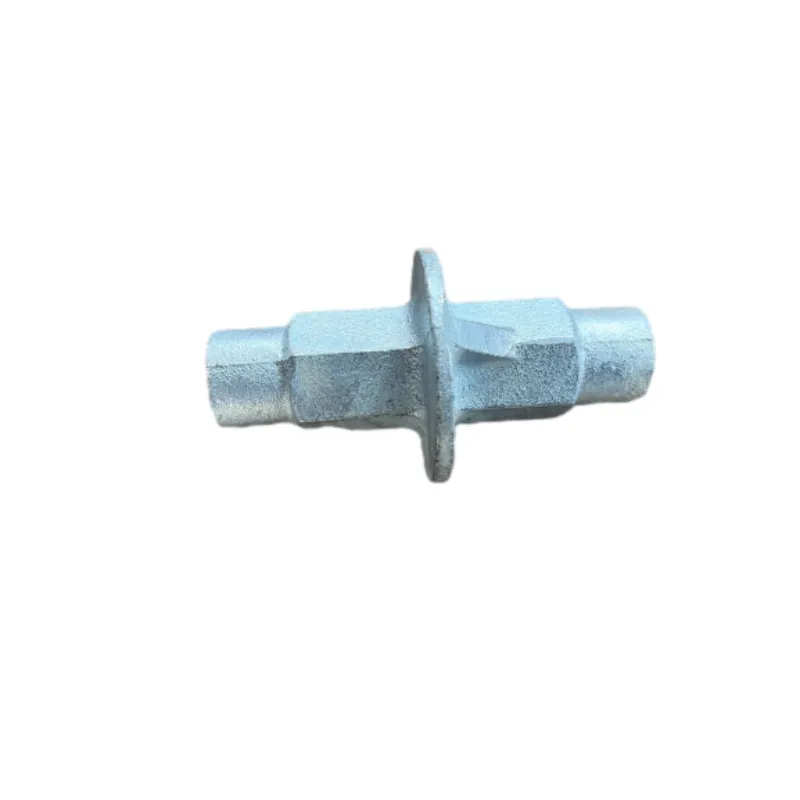
Application Scenarios & Proven Experience
Case Study: The Metro Viaduct Project
Challenge: A major metropolitan transit authority required the construction of a 5km elevated viaduct. The bridge piers, up to 20 meters high, required a Class F4 architectural finish and had to be poured in single, continuous lifts to ensure structural integrity and visual uniformity. This created immense hydrostatic pressure at the base of the concrete bridge formwork.
Solution: WRK Formwork provided a custom-engineered climbing formwork system. Our Cast Iron Water Stopper Nuts were specified for all tie-rod locations within the pier structure.
Outcome (Client Feedback): The project manager noted, "The WRK formwork system, especially the water stopper nuts, gave us complete confidence. We experienced zero formwork deflection or tie failure, even at maximum pour rates. The watertight seal provided by the nuts was critical for the long-term durability specifications of the project. We completed the piers 15% ahead of schedule with significant labor savings." This project is a testament to our experience in handling complex concrete formwork and shoring challenges.
Manufacturer Comparison: Why Choose WRK Formwork?
Selecting a formwork supplier is a critical decision. It's not just about the initial cost, but about long-term value, reliability, and support. Here’s how WRK Formwork stands out.
| Feature | WRK Formwork | Generic Competitor A | Low-Cost Supplier B |
|---|---|---|---|
| Core Material (Water Stopper Nut) | GGG50 High-Grade Ductile Iron | Standard Cast Steel | Grey Cast Iron (HT250) |
| Quality Certification | ISO 9001:2015, SGS Audited | ISO 9001 | None or Self-Certified |
| Load Capacity Testing | Batch-tested to 1.5x safe working load | Sample tested | Data not provided |
| Engineering Support | Full solution design, BIM integration | Basic layout assistance | Product sales only |
| Typical Service Life (System) | Over 300 reuses (steel panels) | 150-200 reuses | Less than 100 reuses |
| Corrosion Protection | Hot-dip galvanization or powder coating | Painted finish | Basic oil coating |
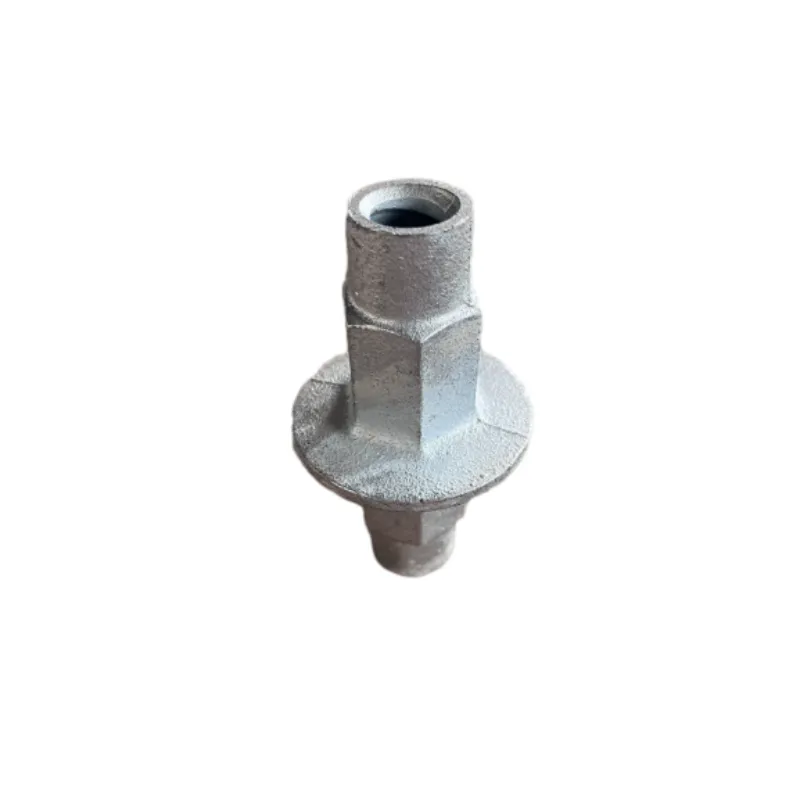
Customized Solutions and Project Support
We recognize that no two bridge projects are identical. From unique pier shapes to challenging terrain, customization is key. Our process is designed to provide a tailored concrete bridge formwork solution that maximizes efficiency and safety.
- Initial Consultation: Our engineers work with your team to understand project specifications, architectural requirements, and construction timelines.
- Technical Proposal & Design: Using advanced software, we design a formwork plan that optimizes material use, calculates pour pressures, and integrates safety features. This includes detailed drawings for formwork assembly.
- Manufacturing & Quality Assurance: Your custom components are manufactured in our ISO-certified facility. Every piece, from a large panel to the smallest water stopper nut, undergoes stringent quality checks.
- Logistics & On-site Support: We ensure timely delivery to your site. Our technical representatives can be available to provide on-site training and support to ensure your crew can use the system effectively and safely.
Frequently Asked Questions (FAQ)
Our water stopper nuts are made from high-grade ductile iron, specifically GGG50 or its equivalent (ASTM A536 Grade 65-45-12). We choose ductile iron over standard grey cast iron because of its superior mechanical properties. Ductile iron contains graphite in spheroidal nodules rather than flakes, which prevents the propagation of micro-cracks. This results in much higher tensile strength, impact resistance, and elongation (ductility), making it far safer and more reliable under the high tensile loads of concrete bridge formwork.
Our Cast Iron Water Stopper Nuts are manufactured with high-precision CNC-machined threads to be compatible with the most common formwork tie rod systems used globally. This typically includes DW15 (15mm diameter) and DW20 (20mm diameter) tie rods. We can also provide custom threading to match specific or proprietary tie rod systems upon request, ensuring seamless integration into your existing concrete formwork and shoring inventory.
The nut has an integrated circular flange or plate cast into its center. When the formwork is assembled, the tie rod passes through the nut, and the nut remains embedded in the concrete after the pour. The flange acts as a physical barrier, significantly increasing the travel path for any potential water seepage along the tie rod hole. This collar design creates a highly effective, permanent watertight seal, which is critical for basements, water tanks, and bridge foundations.
Quality and safety are our top priorities. Our manufacturing facilities are ISO 9001:2015 certified for quality management. Our products are designed to meet or exceed international standards, including Germany's DIN standards for formwork accessories and the American Concrete Institute's (ACI) guidelines for formwork design and safety. All load-bearing components undergo rigorous testing, with load capacity data available in our technical datasheets.
The service life depends on the component. Our steel panel systems, when properly maintained, can typically be reused over 300 times. The high-quality materials and durable finishes (like hot-dip galvanization) resist wear and tear. Accessories like our Cast Iron Water Stopper Nuts are single-use, as they are designed to remain permanently in the concrete to provide a waterproof seal. Other components like tie rods and wing nuts are designed for hundreds of reuses.
Absolutely. This is one of our core competencies. We utilize advanced 3D modeling and structural analysis software to engineer custom formwork solutions for the most complex architectural and structural designs. Our team has experience with parabolic arches, inclined pylons for cable-stayed bridges, and variable cross-section pier segments. We combine standard modular components with custom-fabricated elements to create a system that is both cost-effective and precise.
Delivery lead times vary based on the order size and degree of customization. Standard components are often in stock and can be shipped within 1-2 weeks. Custom-engineered systems typically require 4-8 weeks for design, manufacturing, and quality assurance. We provide a comprehensive warranty against manufacturing defects for all our products. The specific warranty period and terms are outlined in our sales agreements, providing our clients with full confidence and peace of mind.

Trust and Reliability: Our Commitment to You
Building trust is as important as building bridges. At WRK Formwork, we build this trust through transparency, quality, and unwavering customer support.
- Authoritativeness: As a member of leading industry associations and with products trusted by top-tier EPC (Engineering, Procurement, and Construction) firms globally, our expertise is recognized and proven.
- Warranty and Assurance: We stand by our products with a clear warranty policy, guaranteeing them free from manufacturing defects.
- Global Logistics and Support: With a robust supply chain, we deliver to project sites worldwide. Our customer support team is available to assist with any technical queries or logistical needs, ensuring your project stays on track.
Choosing the right concrete bridge formwork system is a foundational decision for any major construction project. It impacts safety, budget, timeline, and the ultimate quality of the finished structure. By prioritizing advanced materials, precision engineering, and comprehensive support, WRK Formwork delivers solutions that empower you to build with confidence. From the largest steel panel to the critical Cast Iron Water Stopper Nut, every component is designed for performance and durability.
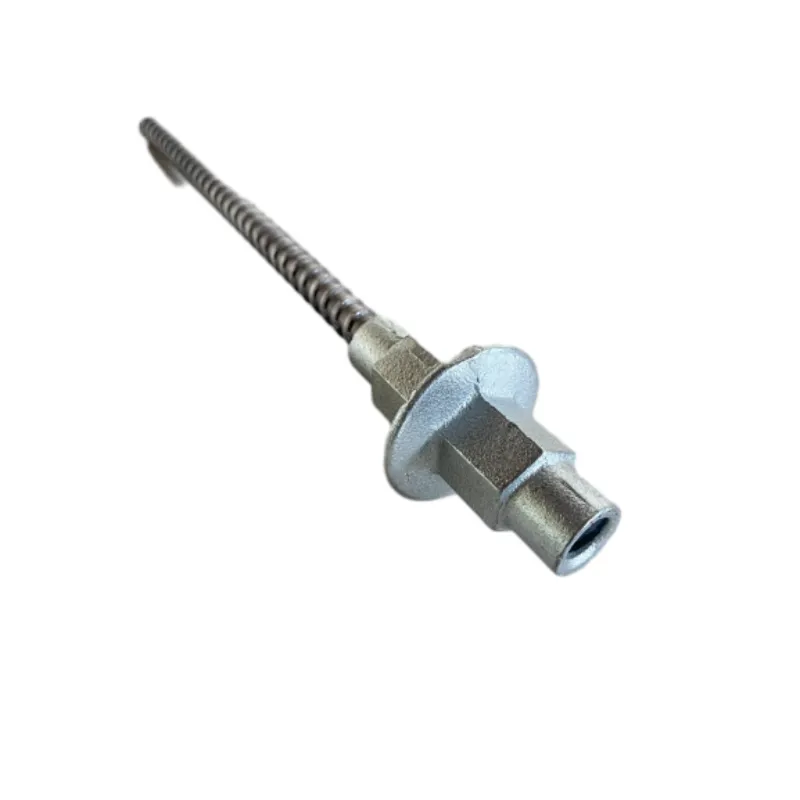
Authoritative References & Further Reading:
To ensure our practices and knowledge remain at the cutting edge, we continuously reference and contribute to leading industry publications and standards bodies. For professionals seeking to deepen their understanding, we recommend the following resources:
- ACI Committee 347 - Guide to Formwork for Concrete (ACI 347R-14): An essential document setting the standard for formwork design, construction, and safety. Available at: American Concrete Institute (concrete.org)
- Journal of Bridge Engineering by ASCE: A peer-reviewed journal featuring the latest research and case studies in bridge design and construction technologies. Available at: ASCE Library
- ForConstructionPros.com - Concrete Formwork Section: An online trade publication offering practical advice, product news, and industry trends for construction professionals. Available at: ForConstructionPros.com
This is the first article
Latest News
-
Tube & Clamp Scaffolding for Sale - Durable & CustomizableNewsAug.05,2025
-
AI-Optimized Building Shuttering SolutionsNewsAug.04,2025
-
Formwork for In Situ Concrete | AI-Optimized SolutionsNewsAug.02,2025
-
Premium Screw Jacks Scaffolding Systems - Efficient Height ControlNewsAug.01,2025
-
Durable Concrete Form Ties Enhanced with AI | Buy OnlineNewsJul.31,2025

